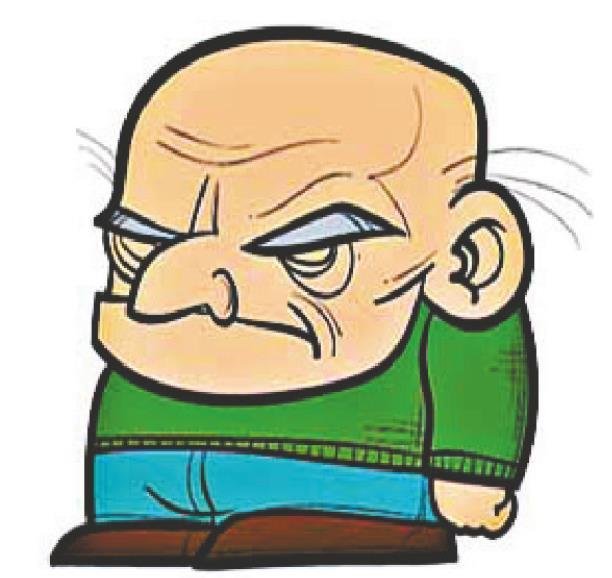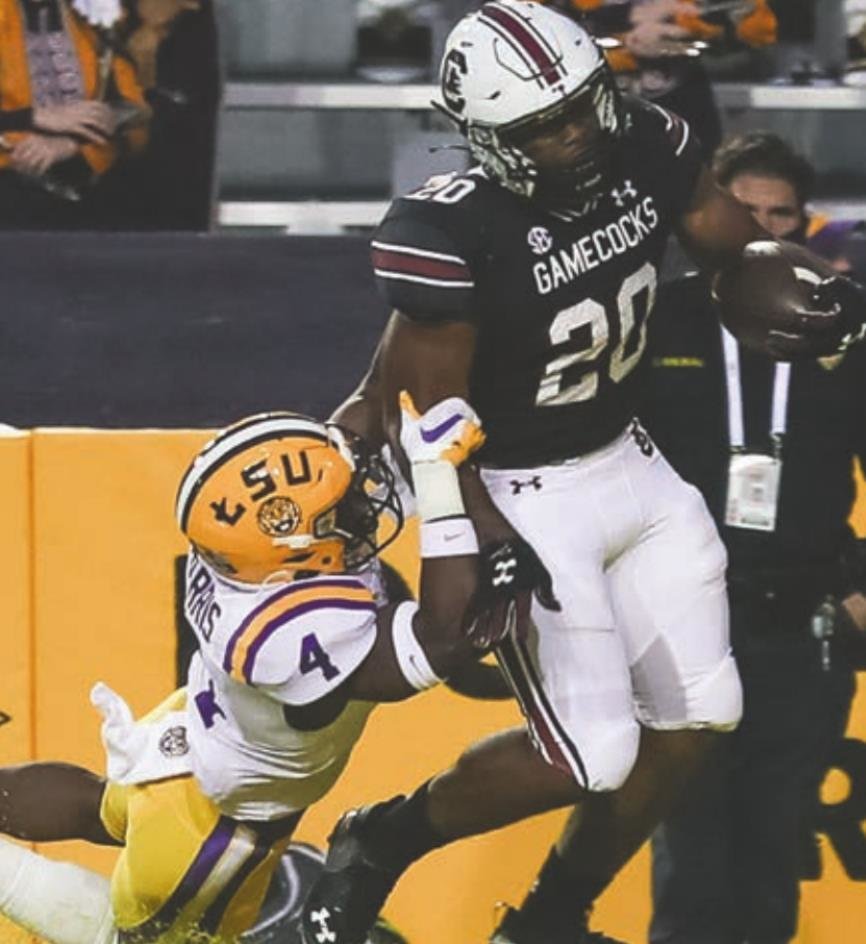SPORTS GROUCH: NCAA loses case - now it’s time to play
Don’t bet the NCAA won’t resist a little thing like a Supreme Court ruling.
NCAA boss Mark Emmert said he will appeal to the US Congress for help in refusing to pay college athletes.
It …
This item is available in full to subscribers.
Subscribe to continue reading. Already a subscriber? Sign in
Get 50% of all subscriptions for a limited time. Subscribe today.
Please log in to continueNeed an account?
|
SPORTS GROUCH: NCAA loses case - now it’s time to play
Don’t bet the NCAA won’t resist a little thing like a Supreme Court ruling.
NCAA boss Mark Emmert said he will appeal to the US Congress for help in refusing to pay college athletes.
It may not help. Both liberals and conservatives back the athletes.
I say, “Hooray.”
No where else could you expect young men and women to do what many college athletes do without paying them. That’s especially true, seeing the billions of dollars they bring their schools and coaches.
The Supremes ruled the NCAA improperly capped education-related benefits, denying pay for student athletes.
Only time will tell whether this will help or hurt Carolina and Clemson football and other sports.
Justice Brett Kavanaugh compared the NCAA to other industries. He said it was absurd to suggest nurses’ wages should be capped because it would make their work “purer” or restaurant customers prefer eating food made by low-paid cooks.
College football and men’s and women’s college basketball players contend they should be paid in addition to scholarships and other benefits they receive.
Ronn Blitzer of Fox News reported the court ruled unanimously that the NCAA has illegally restricted education-based benefits that could be used as compensation.
The student-athletes had sued the NCAA and 11 college conferences, claiming that the rules restricting compensation violated antitrust laws.
A lower court ruling backed the NCAA’s rules of forbidding payment to athletes but allowing education-related aid.
The students accepted this, but the NCAA fought it, eventually bringing the case to the high court.
“To the extent [the NCAA] means to propose a sort of judicially ordained immunity from the terms of the Sherman Act for its restraints of trade – that we should overlook its restrictions because they happen to fall at the intersection of higher education, sports, and money – we cannot agree,” Justice Neil Gorsuch wrote in the court’s opinion.
Gorsuch made clear that the NCAA can still enforce rules that forbid schools from paying students salaries or giving them outlandish gifts to lure them to their programs.
“Under the current decree, the NCAA is free to forbid in-kind benefits unrelated to a student’s actual education; nothing stops it from enforcing a ‘no Lamborghini’ rule,” he said.
Justice Kavanaugh took the NCAA to task, arguing even the remaining restrictions are questionable.
“I add this concurring opinion to underscore that the NCAA’s remaining compensation rules also raise serious questions under the antitrust laws,” Kavanaugh wrote.
Kavanaugh went on to make a case against the remaining rules.
“The NCAA acknowledges that it controls the market for college athletes. The NCAA concedes that its compensation rules set the price of student athlete labor at a below-market rate. And the NCAA recognizes that student athletes currently have no meaningful ability to negotiate with the NCAA over the compensation rules,” he wrote.
He attacked the NCAA’s past argument that the rules are pro-competitive because they help define college sports as featuring unpaid amateurs, calling this claim “circular and unpersuasive.”
“The NCAA’s business model would be flatly illegal in almost any other industry in America,” Kavanaugh said.
“Nowhere else in America can businesses get away with agreeing not to pay their workers a fair market rate on the theory that their product is defined by not paying their workers a fair market rate. And under ordinary principles of antitrust law, it is not evident why college sports should be any different,” he concluded.
“The NCAA is not above the law.”
To comment, email me at ChronicleSports@yahoo.com .
Other items that may interest you










Comments
No comments on this item Please log in to comment by clicking here